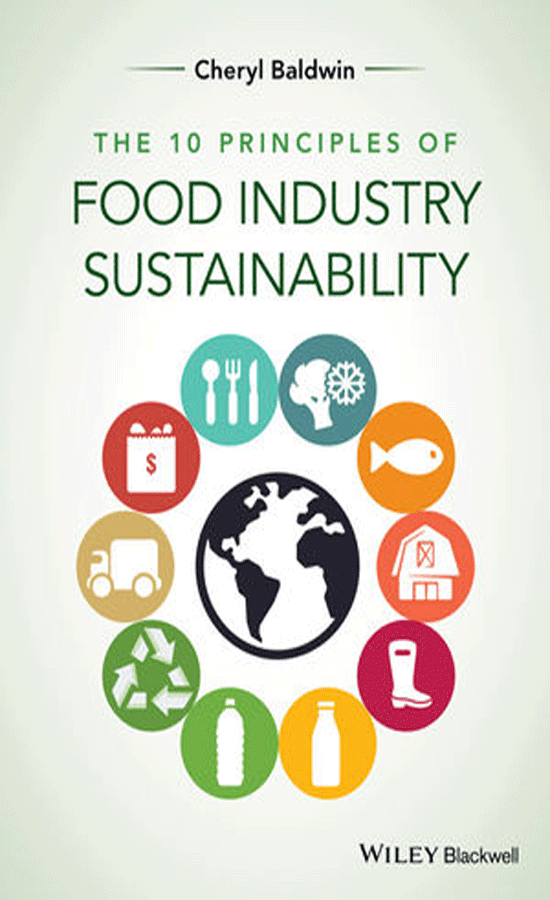Foster Farms calls for more humane handling of livestock

Animal welfare continues to be a key issue for today's consumers, according to a new national survey released by American Humane Association (AHA), yet shoppers say humanely raised products are hard to find. While 89 percent of the more than 2,600 consumers surveyed say they are very concerned about animal welfare, nearly 1,000 report not buying humanely raised products simply because of lack of availability. In response to this study, Foster Farms, an American Humane Certified producer, joined together with thought leaders in the animal compassion movement at American Humane Association's inaugural Be Humane Summit last week to encourage other producers to embrace the ethical, science based animal welfare standards set forth in AHA's certification program to make humanely raised foods more widely available.
In March of 2013, Foster Farms became the first major poultry producer in the Western United States to earn American Humane certification.
"The new American Humane Association survey shows concern for animal welfare is only getting stronger. Consumers want more choices for humanely raised meat and poultry," said Ira Brill, Foster Farms Director of Corporate Communications. "Foster Farms' longtime commitment to the welfare of our birds has made this possible and the independent, third party audits which are required of the AHA certification process, provide consumers with added assurance. Less than 10 percent of the animals raised for food in this country receive the basic protections that are guaranteed under the American Humane certification. We encourage other producers to pursue certification because the more that join the humane cause the better for the animals and also for consumers who prioritize farm animal welfare when making food purchases."
AHA's Humane Heartland Farm Animal Welfare Survey of more than 2,600 participants over a two-month period found consumers are highly interested in supporting the humane cause.
- 89 percent of respondents are very concerned about farm animal welfare
- 95 percent ranked humanely raised as the highest in importance over organic, natural and antibiotic-free labels
- 74 percent are very willing to pay more for humanely raised meat, dairy and eggs
- While nearly half say they already purchase humanely raised products; close to 1,000 of those surveyed cite lack of availability as the biggest factor keeping them from buying humanely raised products
In the organization's analysis of the results, President and CEO of AHA Robin Ganzert said, "Farm animal welfare is a growing issue in this country as values-driven consumers seek to better understand the role of animals in food products."
Foster Farms' own survey of 2,000 West Coast consumers in 2013, conducted by NSON Opinion Strategy, mirrors results of the AHA study and affirms consumers want humane certified meat and poultry products to be more widely available and affordable.
- 74 percent completely agreed that they would like more large producers to raise animals for food in a humane way
- 80 percent completely agreed humane-certified food should be more affordable for consumers
- 49 percent completely agreed that they are more concerned with animal welfare and how animals are raised for food than they were five years ago
"At Foster Farms we view animal welfare as a best practice," said Brill. "As with all best practices, this involves continuous improvement. We look forward to working with American Humane Association on further advancements."
Source: Foster Farms
Looking for a reprint of this article?
From high-res PDFs to custom plaques, order your copy today!








